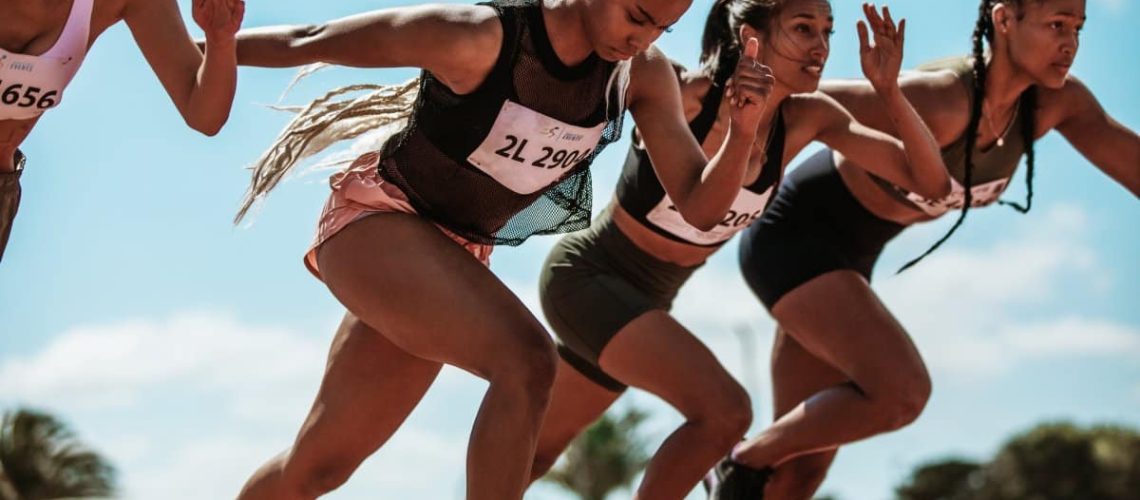The battle for gender equity in sports is a heated and divisive issue, drawing sharp lines between advocates for equality and those who maintain that differences in biology and audience investment justify the status quo. Here are the polarizing points that illustrate the struggle for—and against—gender equity in athletics.
1. Equal Pay

Supporters argue that female athletes should receive pay equal to their male counterparts, citing fairness and equality. Critics contend that pay should be tied to revenue, and since men’s sports often generate more, they justify the pay disparity.
2. Media Coverage

Equality advocates demand more media coverage for women’s sports, which they believe will increase visibility and revenue. Opponents argue that media coverage is driven by viewer demand, and lower viewership for women’s sports does not warrant equal representation.
3. Investment in Women’s Sports
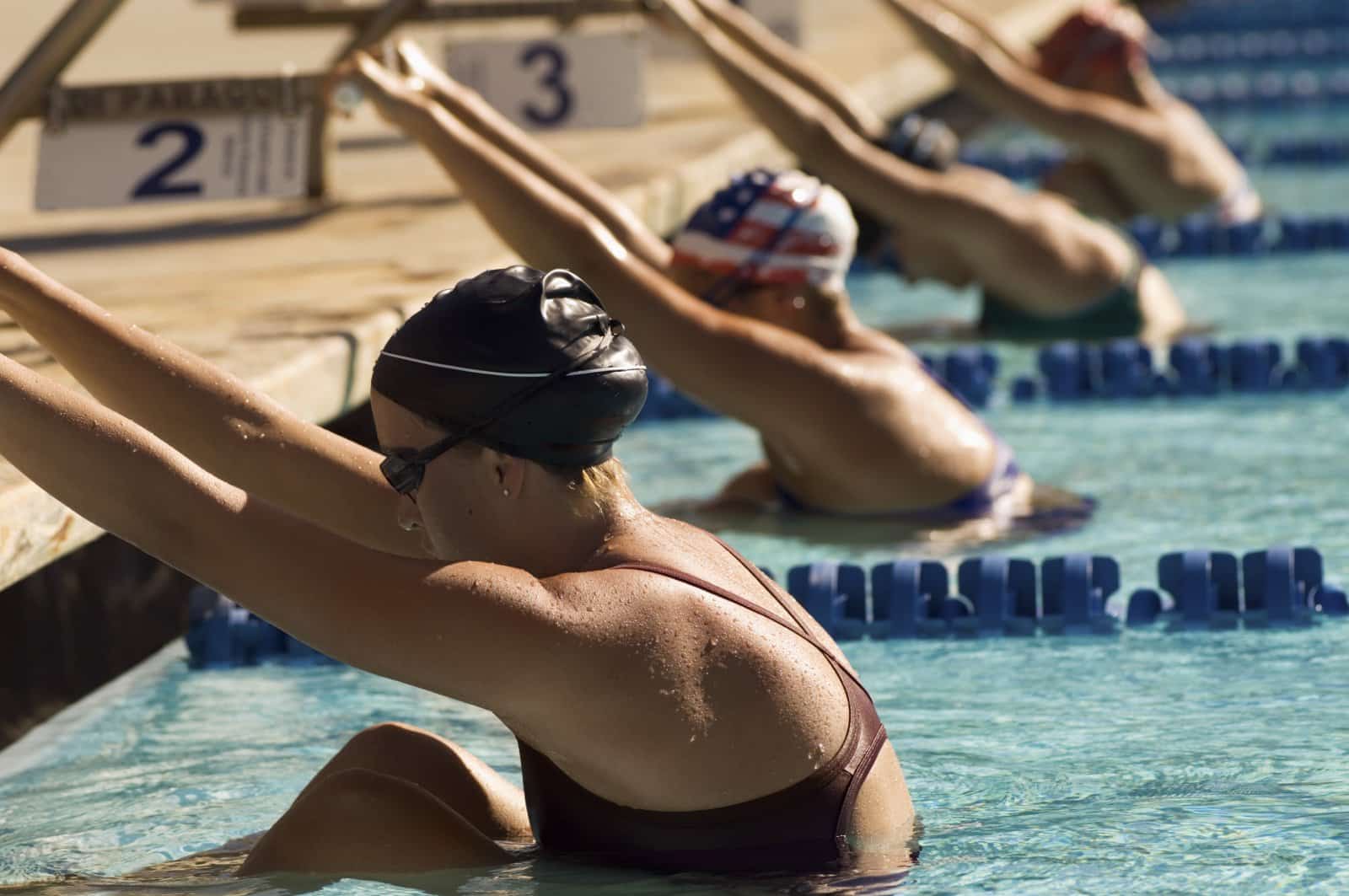
Proponents of gender equity call for increased investment in women’s sports at all levels to foster growth and development. Skeptics argue that investment should be proportionate to the financial return, which they claim is currently higher in men’s sports.
4. Physical Ability Differences

Some argue that because men, on average, are physically stronger, men’s sports are more competitive and entertaining, justifying some inequalities. Advocates for equity find this view outdated and sexist, emphasizing skill over physicality.
5. Opportunities for Women
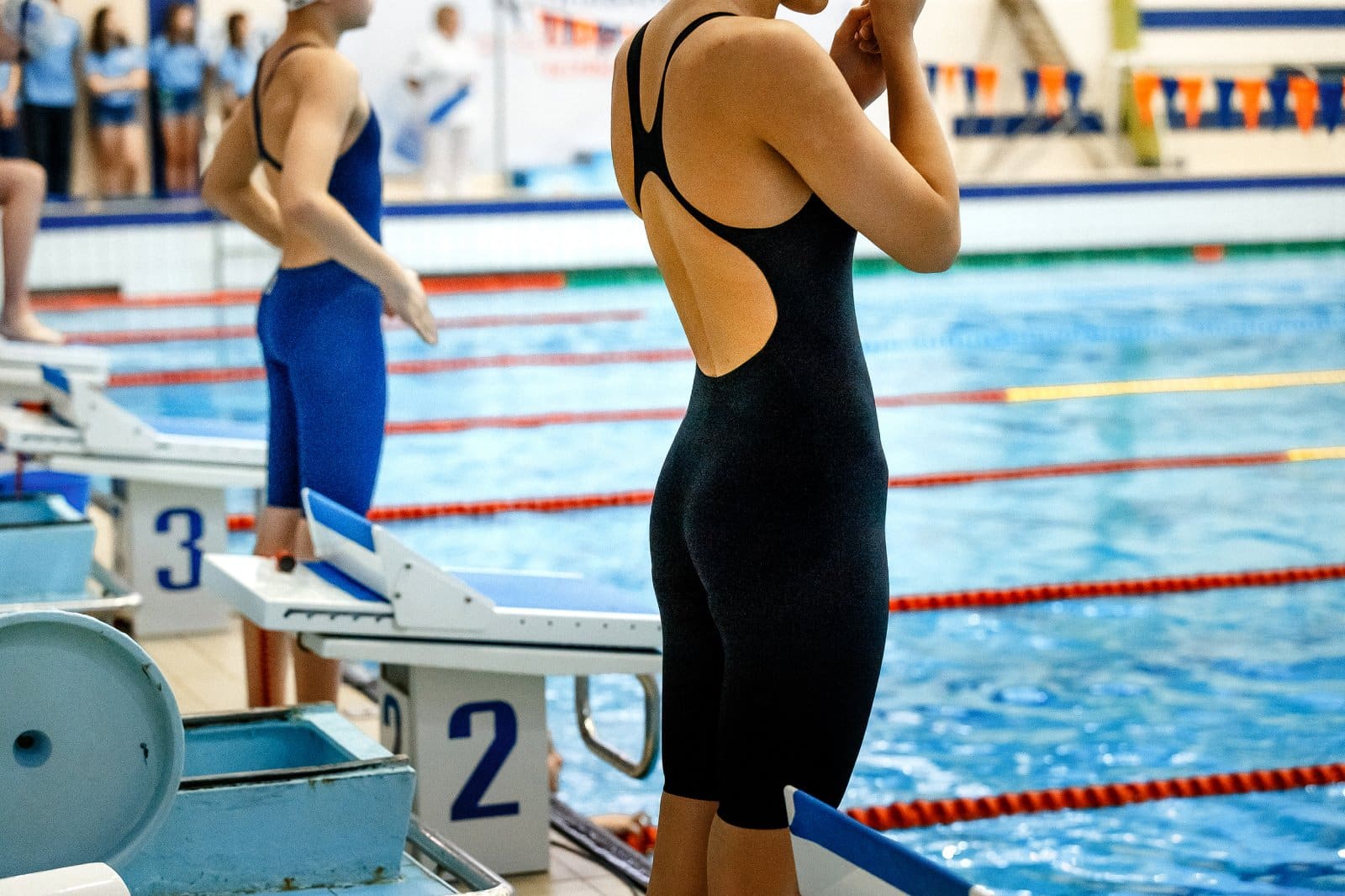
Advocates push for more coaching and leadership opportunities for women in sports, pointing to the pervasive gender imbalance in these roles. Critics sometimes suggest that these roles naturally evolve from former athletes, implying fewer qualified women due to less participation.
6. Scholarship Allocations

Equality proponents highlight the importance of scholarships being equally available to male and female athletes to encourage participation from a young age. Detractors argue scholarships should reflect the economic benefits, which are skewed towards men’s sports.
7. Marketing Dollars

Those in favor of gender equity in sports argue that marketing for women’s sports is underfunded. Critics believe marketing budgets should follow market dynamics and audience sizes, which currently favor men’s sports.
8. Prize Money Equality

The push for equal prize money in events like tennis has been successful, cited as a win for equity. However, some argue that if revenue generation differs significantly, so should the rewards.
9. Title IX Compliance
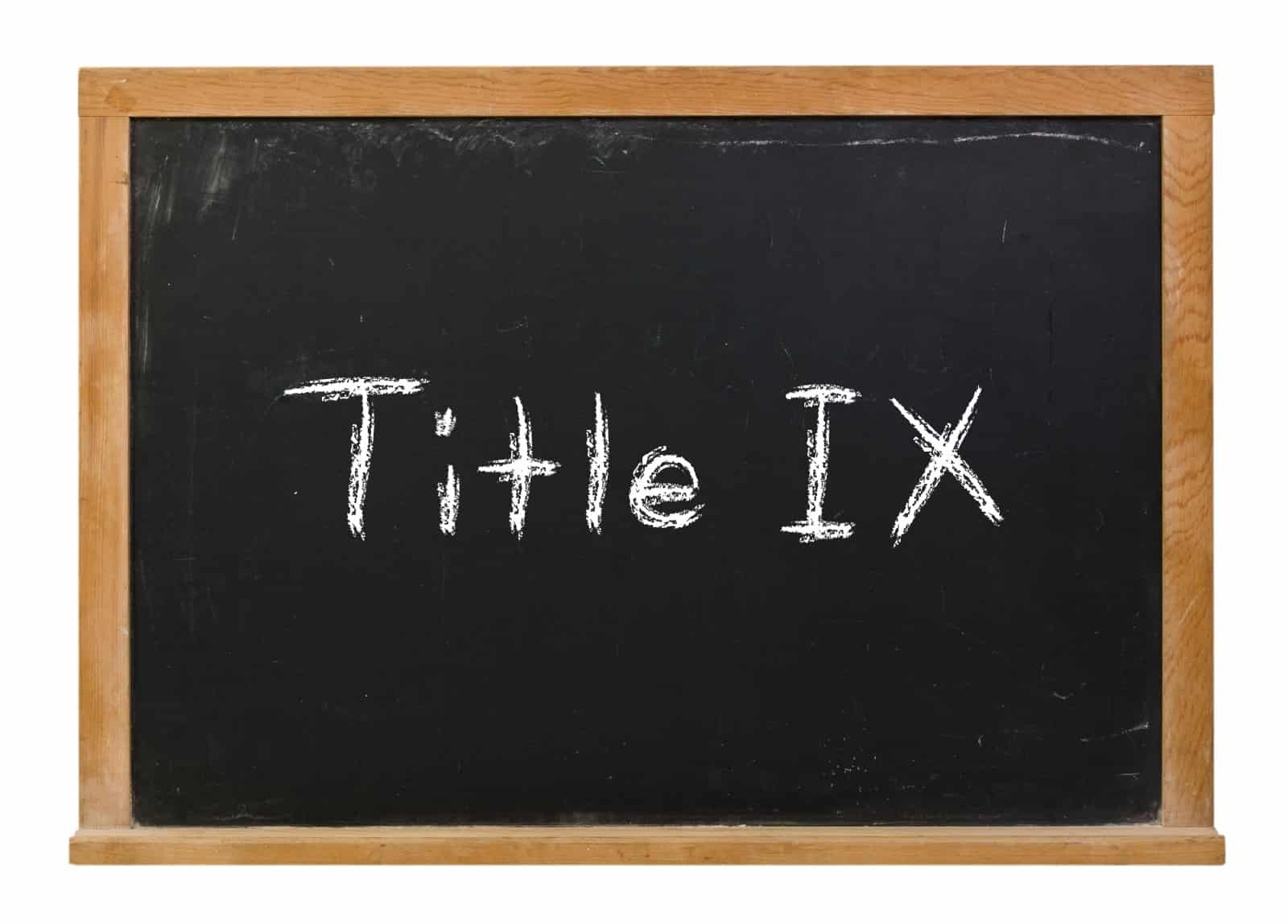
Supporters of Title IX in the U.S. argue it has been crucial in leveling the playing field for female athletes in college sports. Opponents believe it sometimes leads to unfair cuts in men’s sports to comply with the law.
10. Broadcast Quality and Production
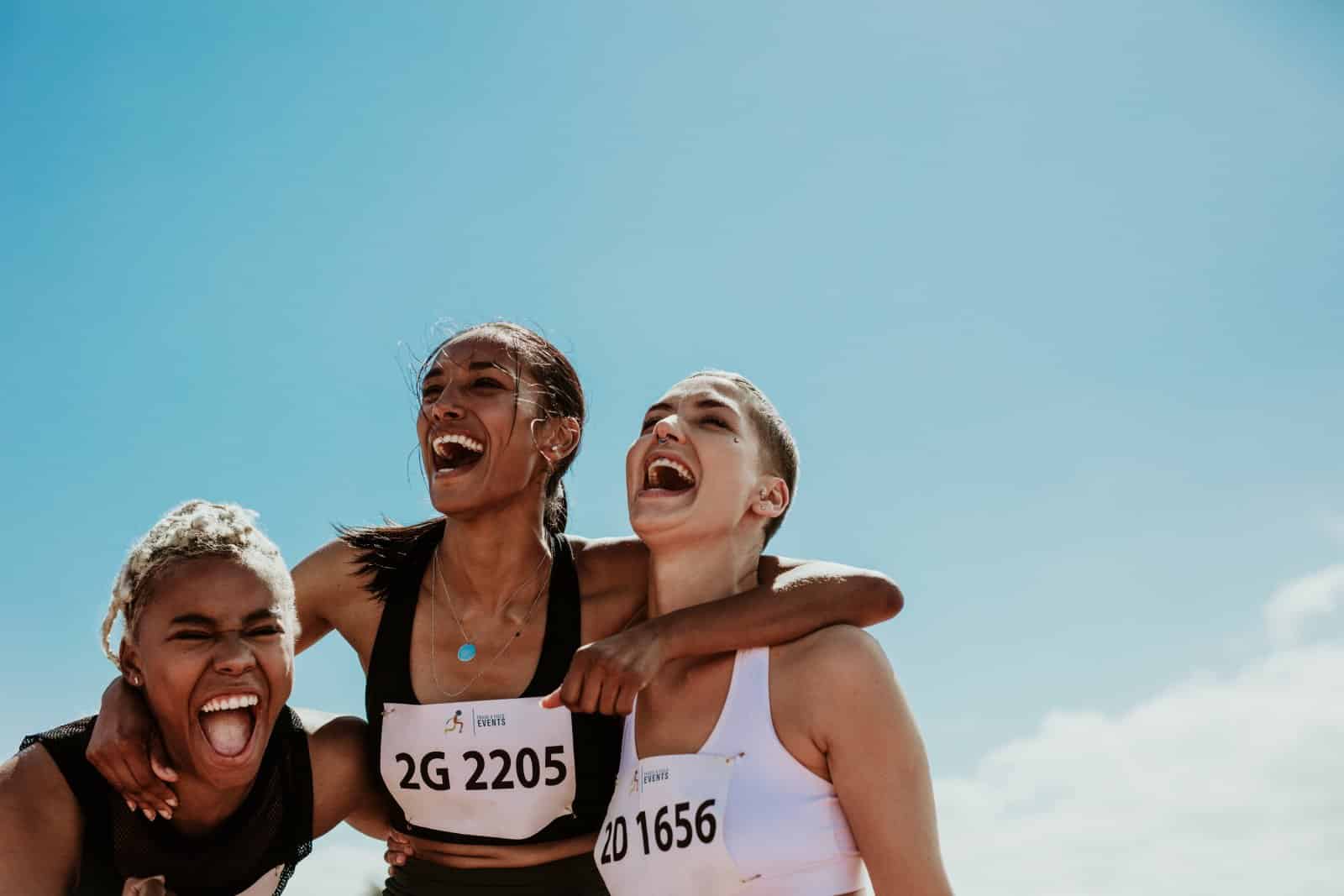
Equality advocates demand that women’s sports be given the same quality of production and broadcast exposure as men’s sports to help grow the audience. Opponents see this as a poor financial decision if current audiences are smaller.
11. Sponsorship Equity
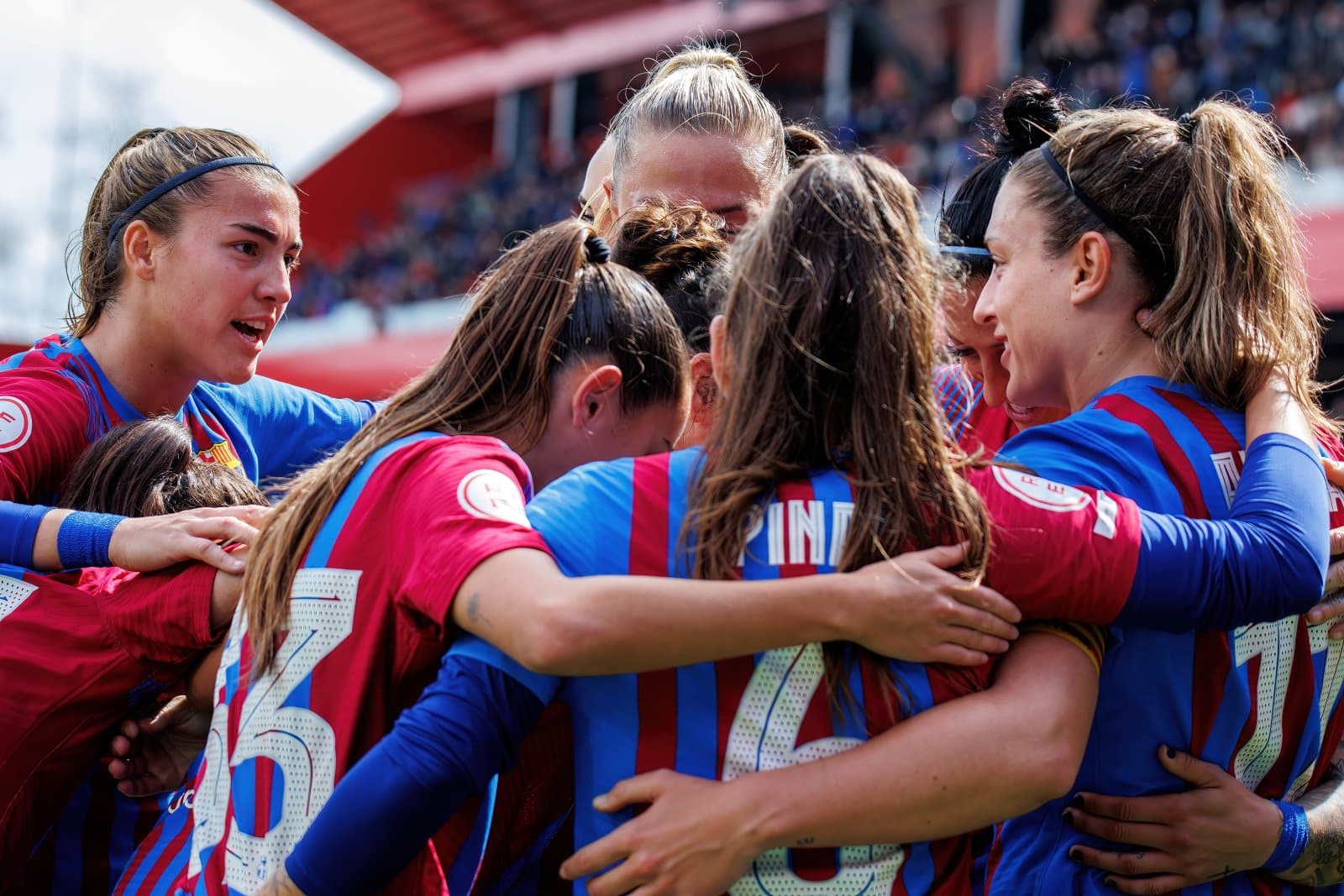
Campaigners for gender equity seek more sponsorship deals for female athletes and events, claiming bias in favor of male athletes. Sceptics respond that sponsorships follow viewership and celebrity status, which are currently higher in men’s sports.
12. Public Interest

Some argue that the public simply isn’t as interested in women’s sports, justifying less investment and coverage. Advocates for equity believe interest will grow with increased exposure and investment.
13. Facilities and Resources
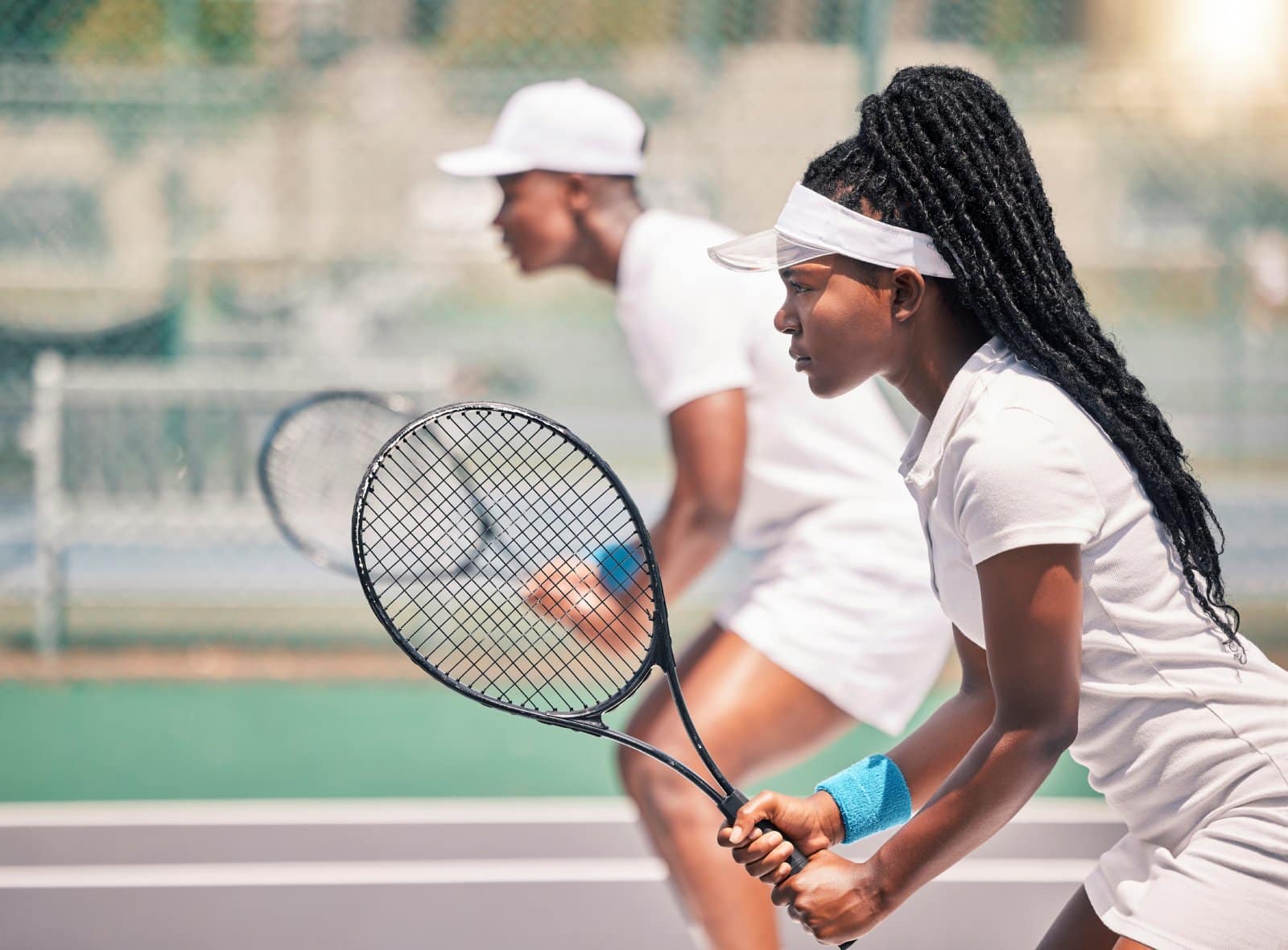
Proponents of equality call for equal quality in training facilities and resources between men’s and women’s sports programs. Critics argue that these resources should be allocated based on the programs that bring in more revenue and prestige.
14. Maternity Leave and Support

Advocates push for better maternity leave policies and support for female athletes to ensure they don’t have to choose between a career and motherhood. Some view these accommodations as special treatment that could financially burden sports organizations.
15. Safety and Travel Conditions

Equality supporters seek improvements in travel and accommodation conditions for female athletes, often inferior to what male athletes receive. Detractors argue that budgets for these items should align with the revenue generated by each team.
16. Sports Programming
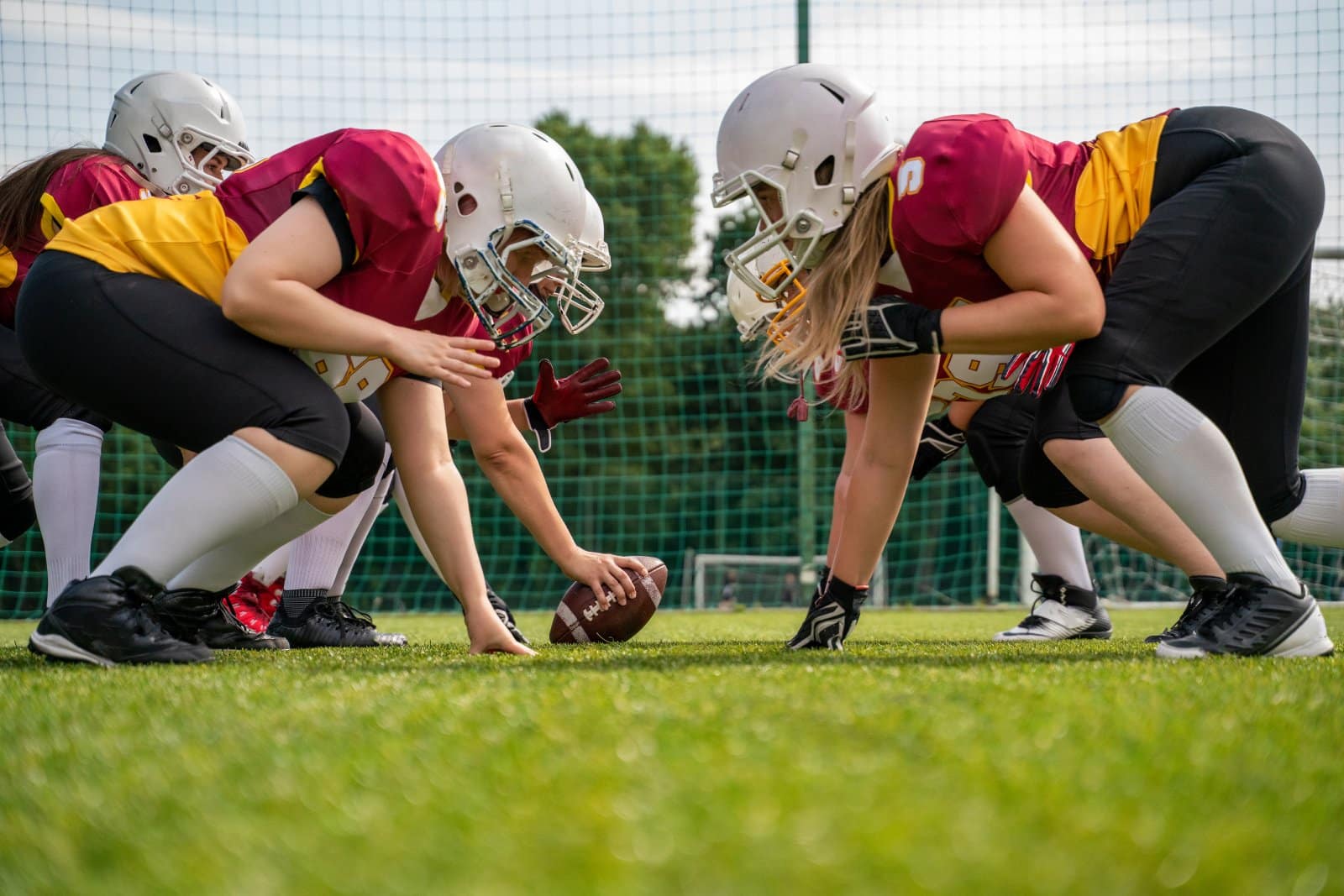
Gender equity advocates demand equal access to prime-time broadcasting for women’s sports. Opponents claim that programming decisions should be based solely on ratings and profitability.
17. Youth Sports

Proponents of equity believe encouraging equal participation by boys and girls in youth sports can set a lifelong foundation for equality. Critics often see greater interest and talent development in boys’ sports, which they believe justifies unequal resources.
18. Coverage of Women in Sports Media

Advocates decry the lack of female sports journalists and the limited coverage of women’s sports, which they argue perpetuates a cycle of underrepresentation and lack of interest. Critics focus on the market-driven nature of media, suggesting changes should be driven by audience demand.
19. Recognition and Awards

The call for recognizing female athletes equally with their male counterparts in national and international awards is growing louder. Some counter that awards should reflect the level of competition and public engagement, which they claim is higher in men’s sports.
20. Fan Engagement

Advocates for gender equity believe that fan engagement in women’s sports will rise with increased exposure and investment. However, some argue that fan engagement naturally aligns with interest and quality of play, suggesting inherent differences in men’s and women’s sports.
Reflecting on Equity
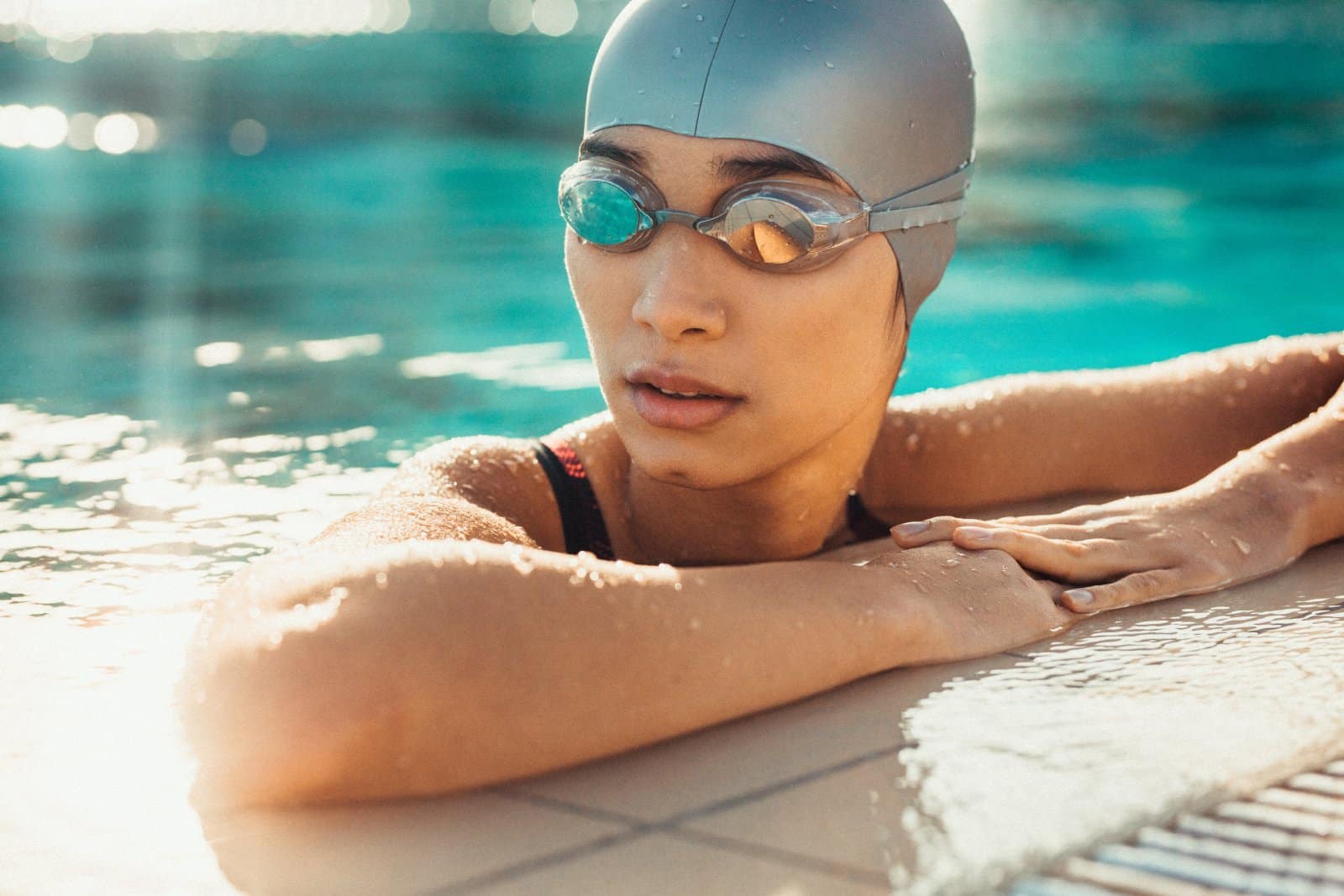
As you consider these points, think about the role that gender equity plays not only in sports but in broader society. What are the implications of these debates for young athletes, aspiring professionals, and the future of sports? How does your own perspective align with these arguments, and what actions might you advocate for in pursuit of fairness—or do you see a different path forward?
The post Leveling the Playing Field: Why Are We Still Fighting for Gender Equality in Athletics? first appeared on Pulse of Pride.
Featured Image Credit: Shutterstock / Jacob Lund.
For transparency, this content was partly developed with AI assistance and carefully curated by an experienced editor to be informative and ensure accuracy.

